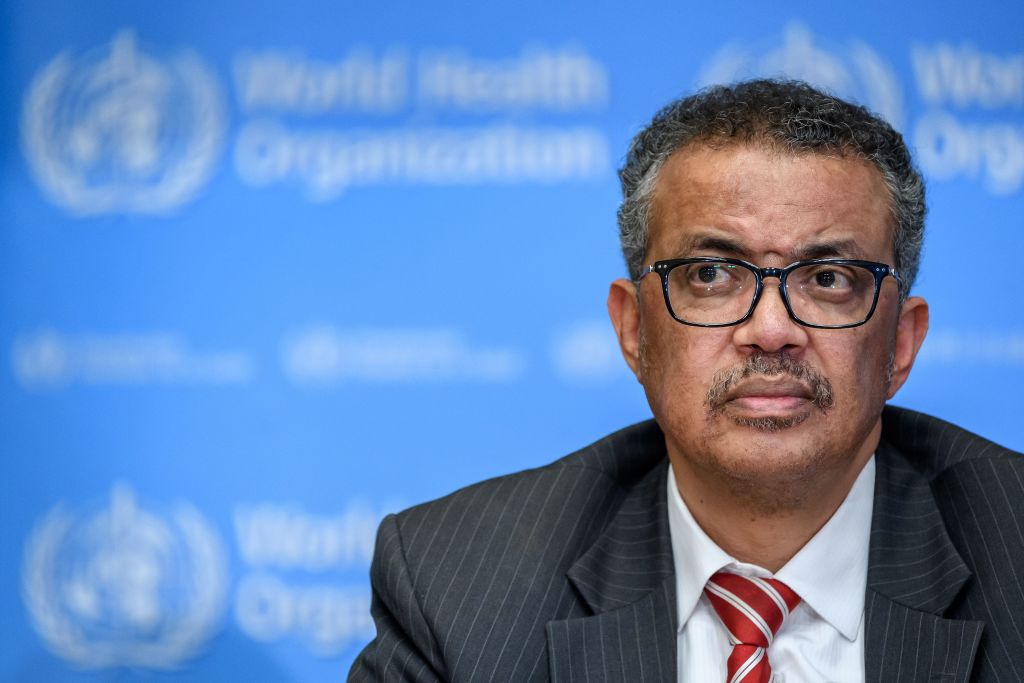The World Health Organization (WHO) Tuesday approved Sinovac, another Covid-19 vaccine manufactured in China for emergency use, saying it meets international standards for safety, efficacy and manufacturing.
Sinovac is produced by the Beijing-based pharmaceutical company Sinovac Biotech (SVA.O) and becomes the second Chinese manufactured Covid-19 vaccine to be approved after Sinopharm was granted that status in early May.
Both Sinovac and Sinopharm vaccines are already in use in Zimbabwe after the country authorised the use of four Covid-19 vaccines, including Russia’s Sputnik V and Covaxin from India.
Sinopharm and Sinovac vaccines also account for the bulk of shots given in Zimbabwe, which has so far inoculated 678 003 with first doses as of June 4, 2021.
The southern African country aims to vaccinate 10 million people to reach the 60 percent “herd immunity” target.
In a statement, WHO’s independent panel of experts said it recommended Sinovac vaccine for adults over 18 with a second dose two to four weeks later..
There was no upper age limit as data suggested it is likely to have a protective effect in older people.
Vaccine efficacy results showed that the vaccine prevented symptomatic disease in 51 percent of those vaccinated and prevented severe Covid-19 and hospitalisation in 100 percent of the studied population.
WHO’s Technical Advisory Group, which began meeting on May 5, 2021 made the decision after reviewing the latest clinical data on the Sinovac vaccine’s safety and efficacy as well as the company’s manufacturing practices.
WHO Director-General Tedros Adhanom Ghebreyesus also welcomed the move, saying the vaccine’s easy storage requirements make it suitable for low-income countries.
“It’s now crucial to get these lifesaving tools to the people that need them quickly,” he told a briefing.
WHO’s Emergency Use Listing (EUL) is a requirement for COVAX Facility – a global platform that aims to guarantee equitable access to vaccines to the world’s poorest countries.
It also allows countries to expedite their own regulatory approval to import and administer Covid-19 vaccines.
Currently, only AstraZeneca and some Pfizer jabs are flowing through the COVAX scheme.
“The world desperately needs multiple Covid-19 vaccines to address the huge access inequity across the globe,” said Dr Mariângela Simão, WHO Assistant-Director General for Access to Health Products.
“We urge manufacturers to participate in the COVAX Facility, share their knowhow and data and contribute to bringing the pandemic under control.”
WHO’s EUL assesses the quality, safety and efficacy of Covid-19 vaccines, as well as risk management plans and programmatic suitability, such as cold chain requirements.
The assessment is performed by the product evaluation group, composed by regulatory experts from around the world and a Technical Advisory Group, in charge of performing the risk-benefit assessment for an independent recommendation on whether a vaccine can be listed for emergency use and, if so, under which conditions.
In the case of the Sinovac vaccine, the WHO assessment included on-site inspections of the production facility.
The Sinovac product is an inactivated vaccine. Its easy storage requirements make it very manageable and particularly suitable for low-resource settings.
WHO’s Strategic Advisory Group of Experts on Immunisation (SAGE) has also completed its review of the vaccine.

